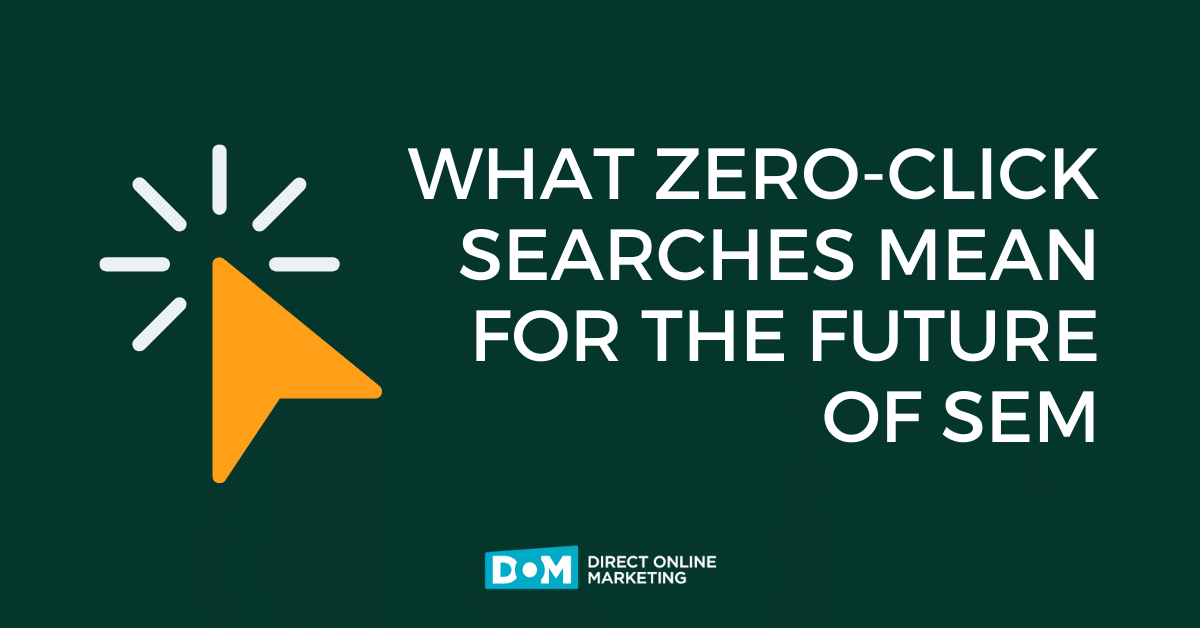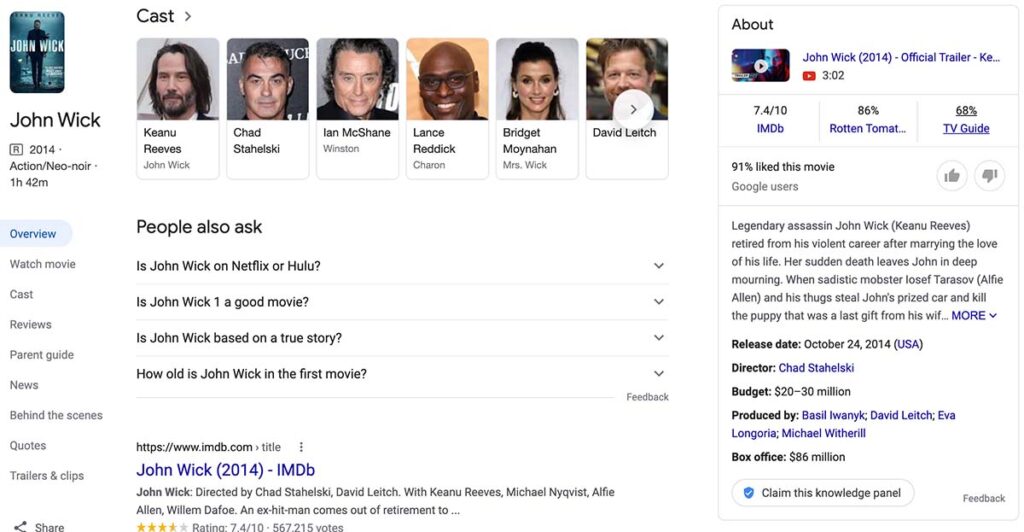
If you want to give digital marketers a panic attack, go back in time to about 2010 and tell them that in the near future people will stop clicking on links in SERPs—and Google will actively encourage this. Today those panic attacks are happening across SEO offices all over the world: Zero-click searches are starting to erode page views. It’s a slow but inexorable movement toward a future that may or may not include monitoring mouse clicks (or finger-taps on mobile). It’s a premonition that’s causing some heart palpitations.
Change is inevitable
If there’s one thing we SEO folks know, it’s that change is going to happen and it’s pointless to fight it. Actually, that’s two things. We’re good at handling change but bad at counting.
Need we enumerate the changes we’ve endured just in the last ten years? The rise of mobile alone was nigh unimaginable back when we rocked our Razrs and had to pay extra just to send a text message with a photo in it. It’s not the change itself that surprises us, and nobody who’s been paying attention should be very surprised by the rise of zero-click searches.
You don’t have to click a SERP
We’re used to thinking about the act of searching online as an activity with a very specific flow that starts with intent. Google loves to think, write, and talk about search intent. Google doesn’t want to just provide search results; they want to satisfy a need. A search is just another way of saying “I want to learn more about this,” and Google wants to be able to fulfill that need with as little friction as possible.
Making somebody click is causing them friction
Providing the answer to the searcher’s question without making them click the link is a way for Google to eliminate friction in the search process. The answers to those questions are still out there on the wild old world wide web, but rather than making users click on a link to the page with the information that answers the searcher’s question, Google has created ways for those pages to display their information to searchers without leaving those Google SERPs.
That means “What is that actor’s name?” can be answered without you leaving Google’s search pages. Pause the movie you’re watching, put the name of the movie into Google, and you get all the answers you need without clicking a single thing:
If “without leaving Google” jumped out at you, then you might just be a digital marketer. Google loves nothing more than itself, and if it can convince you to spend more time looking at its SERPs instead of, say, imdb.com, the more money they make from your eyeballs. Google is not a charity.
But don’t take one SEO’s word for it. We asked the experts about the scary future of zero-click searches, and here’s what they told us:

Use language that is targeted towards Voice Searches by deliberating Asking and Answering questions within your own content, ala,
“Q: What ingredients do I need to make homemade ice cream?”
“A: To make our award-winning homemade ice cream recipe that will taste BETTER than the kind you buy at the store, you need Cream, Eggs, Sugar, and Vanilla.”
Give Google what they want, but hook the user in with something truly unique.
—Billy Wright, Senior Digital Marketing Strategist

In terms of measuring SEO performance, website owners should pay more attention to their impression metrics. It’s easy to confuse zero-click with worse SERP performance, when in actuality it suggests that both the way you approach SEO and the way you evaluate metrics need to adapt as well.
—Jason Ohsie, SEO Department Manager
So, what can you do about zero-click searches?
Here’s an easy guide:
- Have good content that’s written well, clearly communicates the information, and doesn’t do any of the things that Google specifically tells you not to do.
- If you’re going for specific keywords, make sure they’re Featured Snippet-ready. While you’re at it, you might as well code those other schemas, too.
- Learn the difference between impressions and clicks—your data analyst will thank you.
For more information about improving your SEO, check out these blogs. If you like what you see, you can also get in touch for a free assessment of your own digital marketing needs.
- How Can Google Ads Help You Advance Your Business Goals?
- What You Need to Know About Google Discovery Ads
- Are Google and Apple’s Upcoming Updates Going to Destroy the Ad Industry?
- What is Google Analytics 360 and What Can the Data Do For You?
To get more information on this topic, contact us today for a free consultation or learn more about our status as a Google Premier Partner before you reach out.



